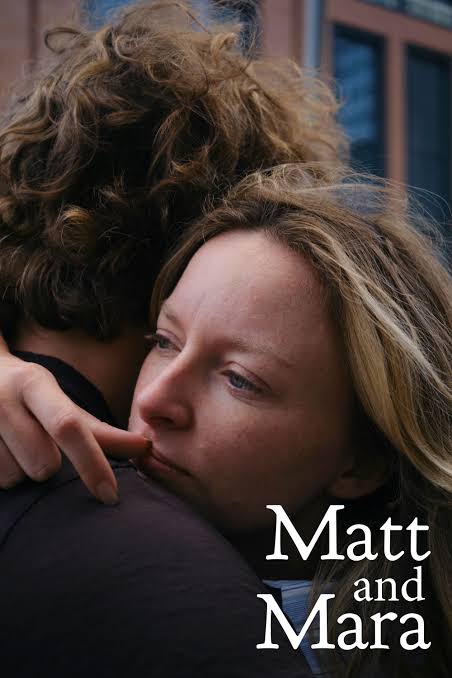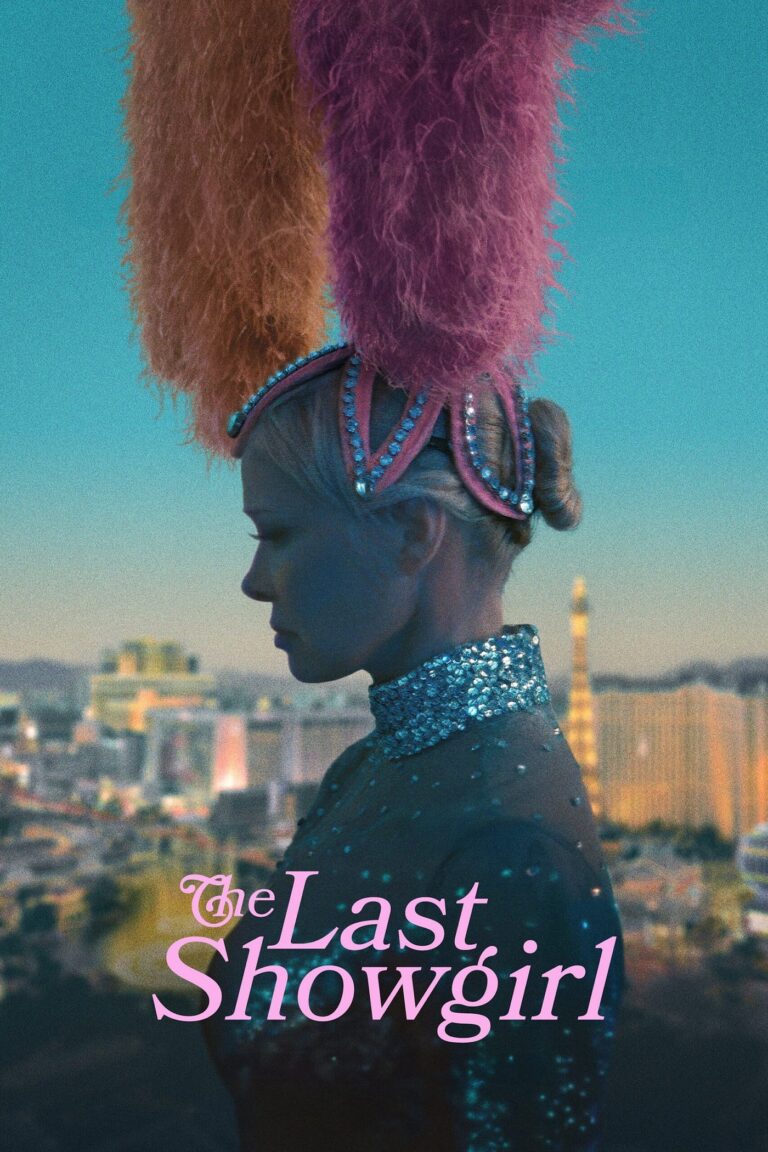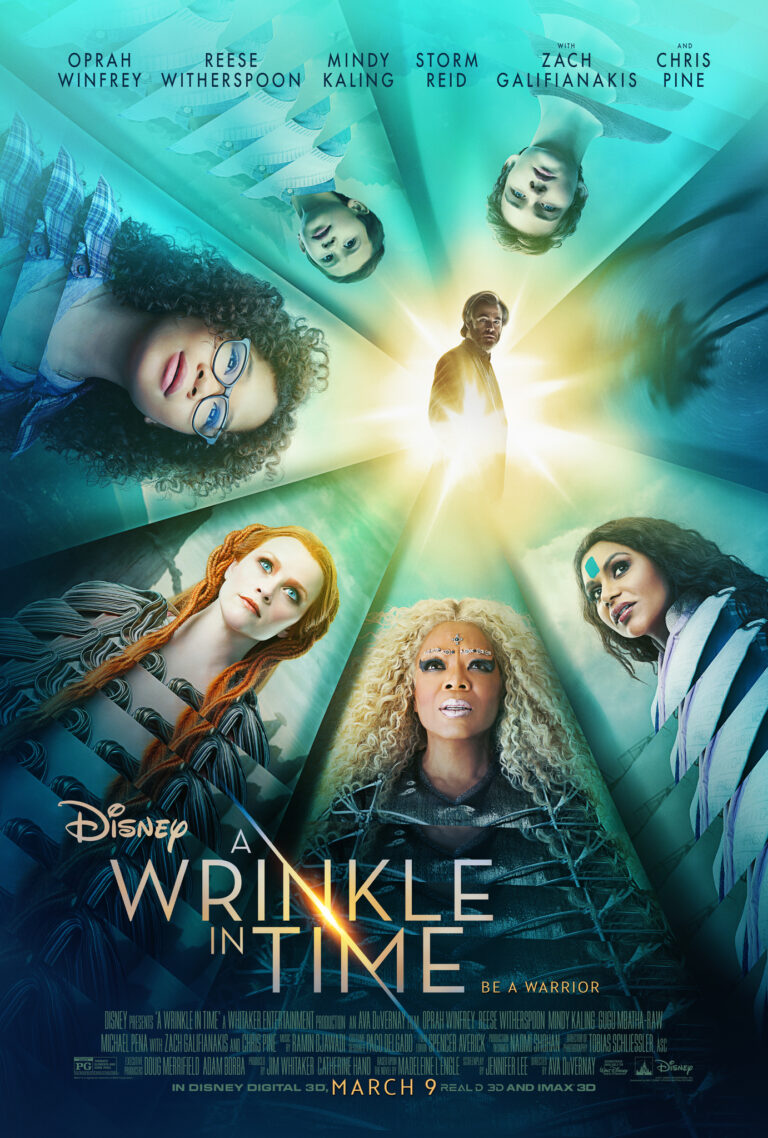Causeway Christian Review

Sometimes, a film whispers instead of shouts. It doesn’t clamor for your attention but rather invites you to sit with it—to lean into its quiet moments, to soak in its unassuming beauty. Causeway is one of those films. It’s not flashy, nor does it try to dazzle you with spectacle. Instead, it’s a deliberate, introspective meditation on pain, connection, and the long road to healing.
For Christians, Causeway carries an added resonance. Beneath its surface lies a story steeped in themes of grace, shared burdens, and the quiet hope that even the most broken among us can find restoration. This isn’t a film that preaches, but its truths—like its characters—are deeply human, imperfect, and worth exploring.
Brokenness as a Starting Point
If there’s one word to describe Causeway, it’s “broken.” Not in a despairing way, but in the sense of something shattered that hasn’t yet been pieced back together. The story centers on Lynsey, a soldier returning home after suffering a traumatic brain injury during her deployment. Played by Jennifer Lawrence with a subtlety that aches, Lynsey’s struggles aren’t just physical. Her wounds run deeper, encompassing her sense of self, her purpose, and her place in a world that now feels alien.
Then there’s James, portrayed by Brian Tyree Henry, who carries his own invisible scars. His pain, rooted in a tragic accident, is quieter but no less profound. Together, they form an unlikely bond—a friendship built on shared vulnerability and an unspoken understanding of what it means to hurt.
For Christian viewers, the brokenness in Causeway is instantly relatable. We live in a fallen world, where pain and loss are part of the human condition. Yet, as Paul writes in 2 Corinthians 12:9, God’s power is made perfect in weakness. In their brokenness, Lynsey and James become vessels for grace—not through grand gestures, but through the simple act of being there for one another.
The Ministry of Presence
One of the most striking aspects of Causeway is its portrayal of friendship. Lynsey and James don’t fix each other; they don’t even try. Instead, their relationship is about presence—about showing up, about listening, about being willing to share the silence.
This kind of connection feels profoundly biblical. In Job’s story, his friends sit with him in silence for seven days before speaking. While they eventually falter in their understanding, their initial act of simply being there is a powerful reminder of what true compassion looks like. Lynsey and James embody this kind of quiet companionship. They don’t have all the answers, but they’re willing to walk alongside each other in their pain.
For Christians, this is a beautiful reflection of what it means to bear one another’s burdens (Galatians 6:2). It’s a reminder that sometimes, the most Christlike thing we can do is simply be present—no solutions, no platitudes, just love.
Grace Without a Bow
If you’re looking for neat resolutions or dramatic transformations, Causeway isn’t the film for you. It doesn’t tie up its themes with a tidy bow, nor does it offer easy answers. Instead, it allows its characters—and its audience—to sit with the discomfort of unresolved pain.
And yet, there’s grace in that discomfort. Lynsey and James don’t experience miraculous healing or sudden epiphanies. But in their shared journey, they find glimpses of hope, of possibility. It’s a grace that doesn’t demand perfection, a grace that meets them where they are.
This is where Causeway aligns so beautifully with a Christian understanding of grace. God’s grace isn’t about erasing our struggles or pretending our pain doesn’t exist. It’s about meeting us in the midst of our brokenness and offering a way forward. In its quiet, understated way, Causeway captures this truth with remarkable clarity.
The Performances: A Lesson in Subtlety
Jennifer Lawrence and Brian Tyree Henry are the beating heart of Causeway. Lawrence, returning to her indie roots, delivers a performance that’s as restrained as it is powerful. Her Lynsey is guarded, wary, and often hard to read, but beneath her stoicism lies a world of emotion. It’s a masterclass in less-is-more acting, reminiscent of her breakout role in Winter’s Bone.
Henry, meanwhile, is a revelation. As James, he exudes a quiet warmth that gradually gives way to layers of guilt and grief. His performance is so natural, so lived-in, that you almost forget you’re watching an actor. Together, Lawrence and Henry create a dynamic that feels utterly real—two people navigating the messy, imperfect process of healing.
For Christians, their performances resonate on a deeper level. Lynsey and James aren’t heroes; they’re not even particularly likable at times. But their humanity—their flaws, their pain, their small acts of kindness—reflect the image of God in all of us.
The Beauty of the Mundane
Causeway finds beauty in the mundane. Its story unfolds in quiet moments—a car ride, a conversation on a porch, a walk by the water. Director Lila Neugebauer doesn’t rush these scenes; she lets them breathe, allowing the audience to feel the weight of every glance and word.
This simplicity is a strength, not a weakness. In a world that often equates meaning with spectacle, Causeway is a reminder that profound truths can be found in the smallest of moments. For Christians, it’s an invitation to slow down, to listen, and to find God in the ordinary.
Found Families and Shared Pain
One of the film’s most poignant themes is the idea of found family. Lynsey and James, though strangers at the start, become a kind of family to each other—a source of comfort and strength in a world that often feels isolating.
This concept is deeply Christian. The church itself is a family of believers, united not by blood but by shared faith and a commitment to love one another. In their own imperfect way, Lynsey and James embody this kind of community. They show that family isn’t just about who you’re related to; it’s about who shows up, who stays, and who offers love without conditions.
The Flaws That Make It Human
Of course, Causeway isn’t perfect. Its slow pace and minimalist storytelling won’t appeal to everyone, and there are moments when the film feels almost too restrained. Certain plot threads are left unresolved, leaving you with a lingering sense of incompleteness.
But perhaps that’s the point. Life itself is messy, unresolved, and full of unanswered questions. By embracing this ambiguity, Causeway becomes a film that feels not just realistic but profoundly human.
Final Reflections
Causeway isn’t a film that demands your attention, but it’s one that rewards it. It’s a quiet, deeply moving exploration of pain, connection, and the hope that even in our brokenness, we can find grace. For Christians, it’s a story that resonates on a spiritual level—a reminder that God meets us in our weakness, that healing is a journey, and that grace often comes through the people who walk alongside us.
Rating
9/10
In its simplicity and subtlety, Causeway finds profound beauty. With extraordinary performances and a deeply human story, it’s a film that lingers in your heart long after the credits roll—a testament to the quiet power of grace, healing, and connection.






